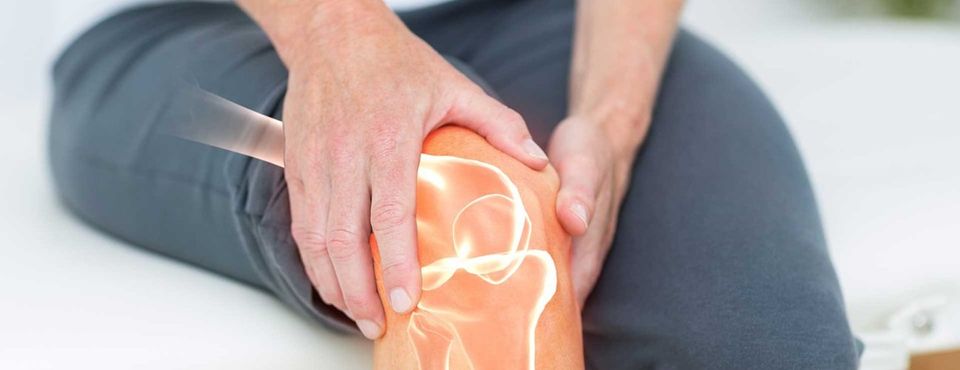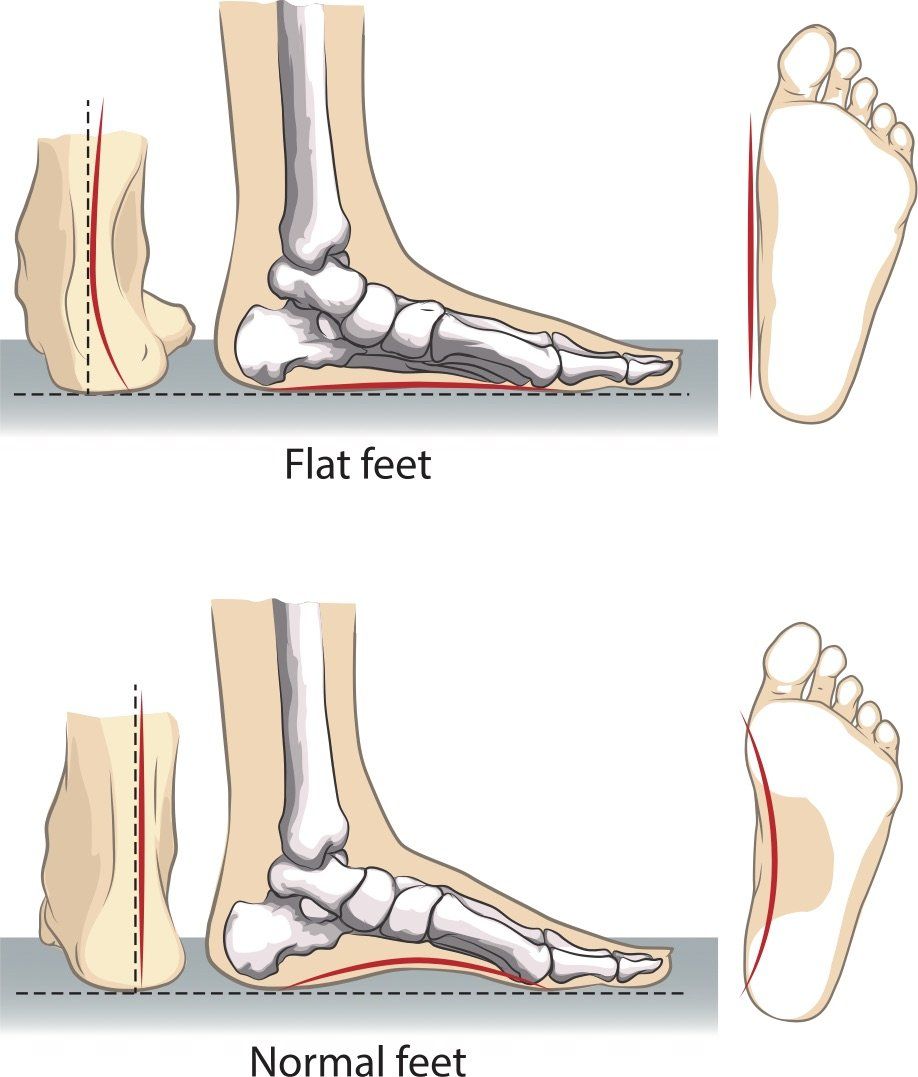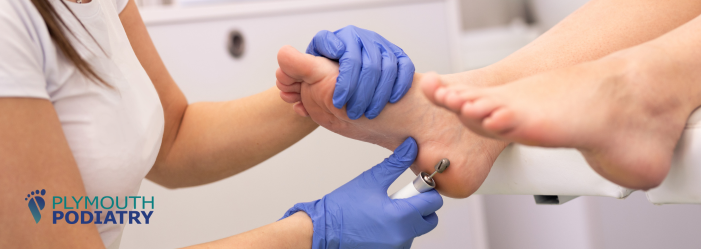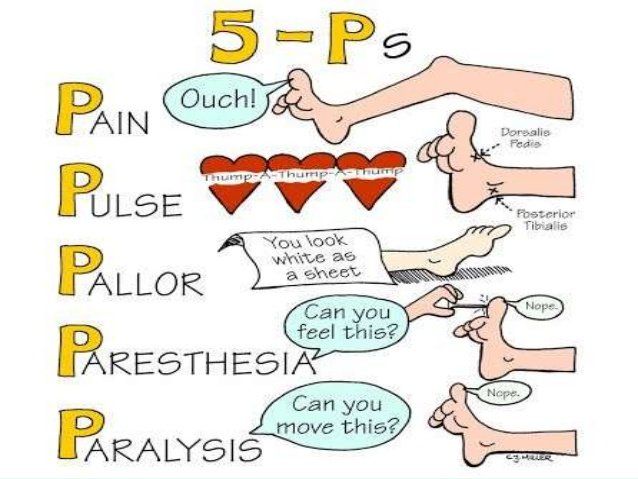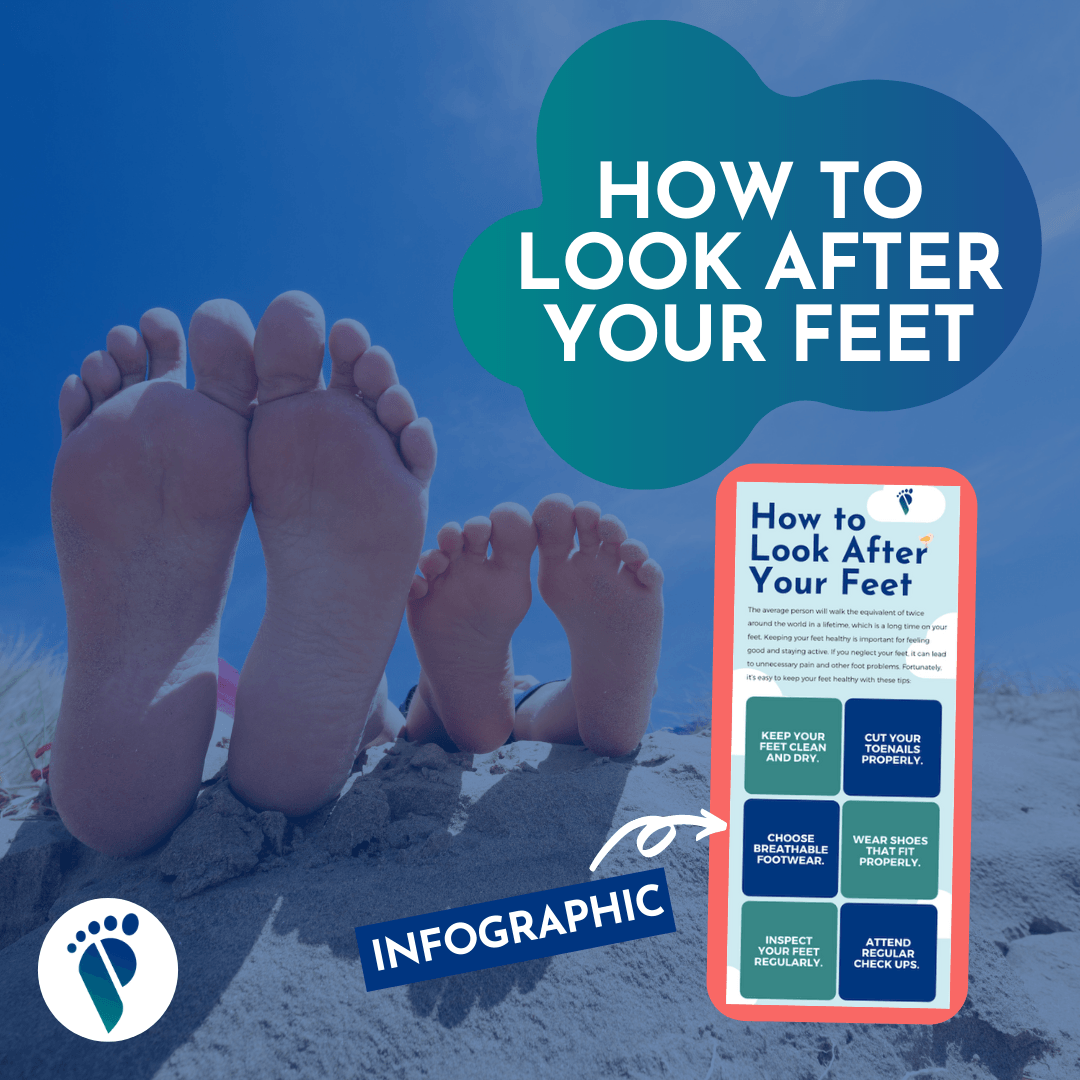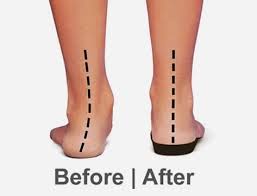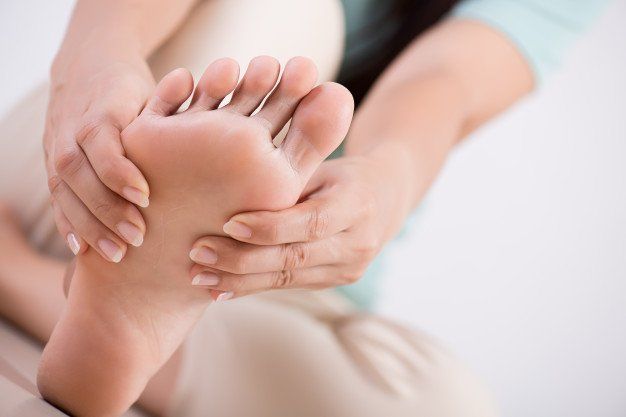What Does Your Knee Pain Mean?
Are you suffering with knee pain? See a Podiatrist.
Your knee is the largest and most complex joint in your body. It is also one of the joints most vulnerable to injury.
Knee pain can heavily impact your daily life and prevent you from taking part in sports, working or moving around freely. At Plymouth Podiatry, we focus on providing you with an accurate diagnosis, and a treatment plan focused on reducing pain and getting you back to normal activity as soon as possible.
There are a few reasons to see your podiatrist when you experience knee pain. In the human body, it is important to remember that everything is connected, and a problem in your knees may well be caused by a foot condition.
Causes of Knee Pain
There are many causes of knee pain, including a sports injury, overuse and Osteoarthritis. Some other common causes of knee pain include:
1. Poor footwear
When you walk, all muscles, bones, joints and ligaments should be positioned correctly and, therefore, don't experience excessive strain. When you wear inappropriate footwear, certain areas of your foot may not receive the right support. When you walk, the shock absorbed by your knees can be too much and this is what can cause a typical overuse injury.
2. Flat Feet
Flat feet, or fallen arches, can put unnecessary pressure on your entire leg, also causing knee pain. With flat feet, your lower leg rotates in one direction, and your upper leg rotates in the opposite direction. This causes twisting forces in your knee and triggers knee pain.
Knee pain and Biomechanics
At Plymouth Podiatry, we use a carry out a thorough Musculoskeletal Assessment, to determine the way your feet may be influencing your knees. If your feet roll in or roll out too much, they can cause increased stress on your knees and that may be linked to the knee pain you experience.
This comprehensive examination will allow us to gain an understanding of any underlying problems and provide you with a diagnosis and treatment plan. We will assess the range of movement of your foot and ankle joints, alignment, strengths and weaknesses of your lower limbs.
A personal treatment plan will then be drawn up which, depending on your problem, could comprise: footwear advice, an exercise rehabilitation programme, orthotics or all of the above.
How We Can Help
If you’re experiencing pain in your knee, consider making an appointment with Plymouth Podiatry so that we can assess your foot structure, evaluate your gait, and recommend the right solutions to help you to avoid surgery in the future.
Get in touch with us here.
Book your appointment online here.


